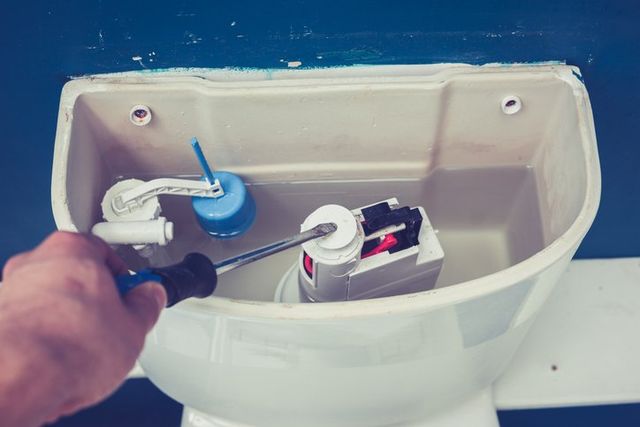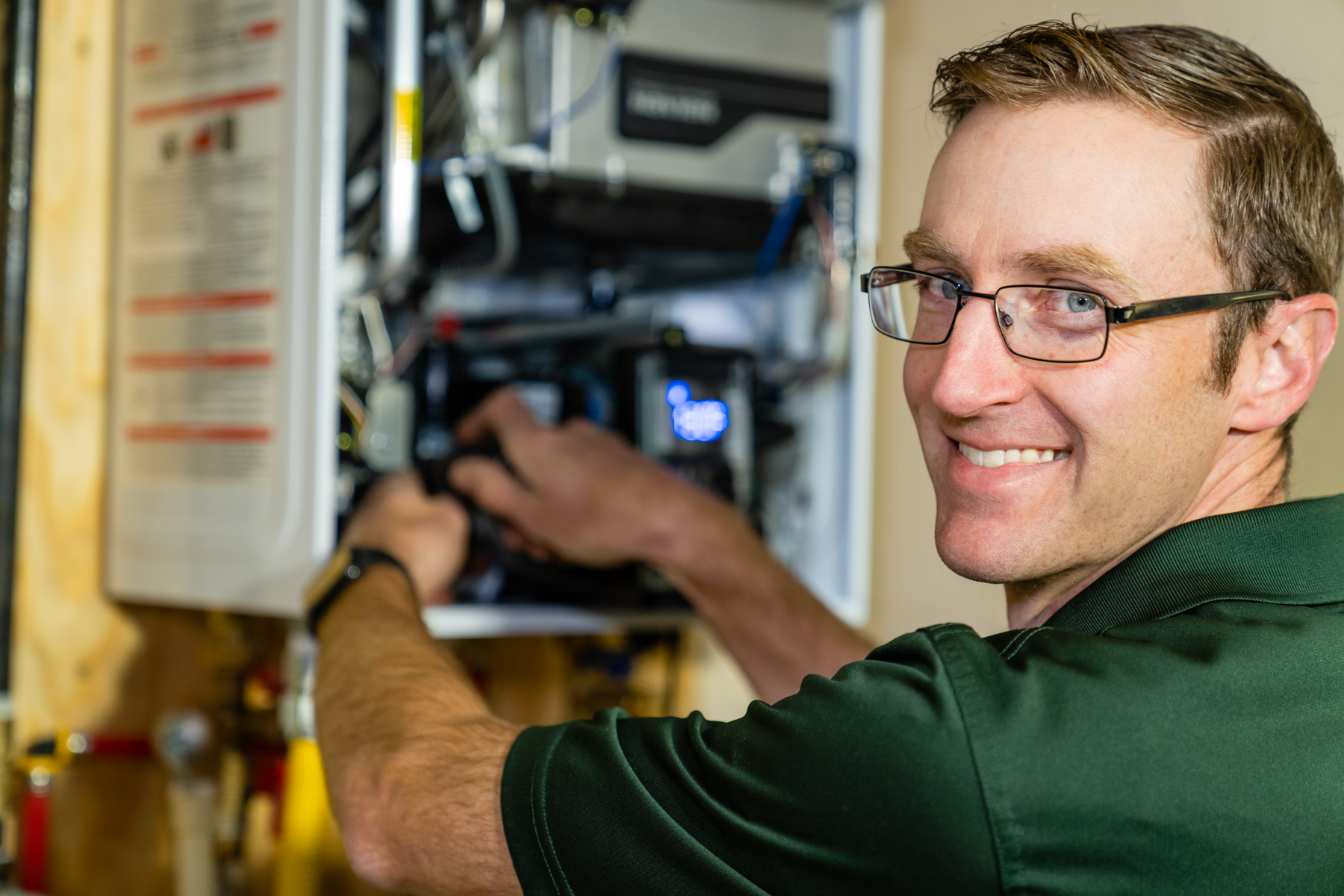Handling the Typical Water Heater Crisis Scenarios
Handling the Typical Water Heater Crisis Scenarios
Blog Article
How do you actually feel in regards to Common Hot Water Heater Problems?

A hot water heater is one of the most important fundamental home appliances that can be discovered in a home. With hot water heater, you don't require to experience the stress and anxiety of home heating water by hand every single time there is a need to take a bath, do the laundry, or the meals. Nevertheless, there is constantly an opportunity that your hot water heater would certainly break down just like a lot of mechanical devices.
It is necessary to keep in mind any type of little malfunction and also tackle it promptly before things leave hand. A lot of times, your hot water heater begins to malfunction when there is a build-up of debris as a result of continual use. As a precaution, routine flushing of your water heater is recommended to avoid sediment build-up and also protect against practical failing.
Usual water heater emergencies and also how to manage them
Inadequate hot water
Managing an inadequate supply of warm water can be irritating. It might be that the water heater can't support the hot water need for your apartment. To deal with this issue, you could attempt to adjust your heater's temperature dial as well as wait on a couple of minutes. You can ask for the aid of an expert plumber if the issue continues. You might upgrade your water heating unit to one with a larger ability.
Rising and fall water temperature.
Your hot water heater could start producing water of various temperatures typically ice hot or cold hot. In this circumstance, the first thing you do is to guarantee that the temperature level is readied to the preferred degree. If after doing this, the water temperature keeps transforming throughout showers or other activities, you may have a faulty thermostat. There might be a requirement to change either the thermostat or the home heating device of your hot water heater.
Leaky water heater tank.
A leaking tank could be an indicator of corrosion. It might trigger damage to the floor, wall surface and also electrical devices around it. You can also be at threat of having your house swamped. In this circumstance, you ought to switch off your water heater, permit it to cool, and very carefully look for the source of the trouble. At times, all you require to do is to tighten a few screws or pipe connections in cases of small leaks. However if this does not work as well as the leakage lingers, you may require to use the solutions of a service technician for an appropriate replacement.
Discolored or smelly water
When this happens, you require to understand if the concern is from the water or the tank source. If there is no amusing odor when you run cold water, after that you are certain that it is your hot water heater that is damaged. The odiferous water can be caused by corrosion or the accumulation of germs or debris in the water heater container. Once you discover this, you can try flushing out your storage tank or replacing the anode if the problem persists. The feature of the anode is to clean microorganisms from your tank. Because the anode rod substitute needs a detailed knowledge of your water heating system, you will certainly need the help of a specialist.
Conclusion
Some house owners neglect little warning and also minor faults in their water heater system. This just results in further damage as well as a possible total malfunction of your appliance. You need to take care of your water heater faults as quickly as they come near stay clear of even more expenditures and also unneeded emergency problems.
With water heating systems, you do not need to go through the stress of home heating water manually every time there is a need to take a bathroom, do the laundry, or the dishes. It might be that the water heating system can't support the warm water demand for your home. Your water heating unit could start generating water of different temperature levels typically ice cool or scalding warm. If there is no funny odor when you run cold water, then you are particular that it is your water heating unit that is damaged. The stinky water can be triggered by corrosion or the accumulation of germs or debris in the water heater storage tank.
Why Is My Water Heater Leaking?
When a water heater bursts in a home, it is a shocking event, not to mention a messy one, and it could potentially cause a lot of expensive damage. If your hot water heater burst, you’re probably wondering why this happens and what to do next.
In general, the basic reason why hot water heaters burst is that there is corrosion within the tank, which can lead to the tank bursting at its seams. Unfortunately, there are several possible underlying causes that can contribute to water heater explosions, and it’s not always apparent which one is the culprit.
Sometimes there are risk factors or warning signs that could indicate a water heater explosion is imminent, but not always. In order to understand the risk factors that could contribute to a water heater exploding, it’s important first to understand the type of water heater that you have in your home.
What Are The Common Causes of Water Heater Leaks?
In general, it's a good idea to call a emergency plumbing company if you have any questions about the cause of your water heater leak. The most frequent reasons why water heaters leak are:
Drain valve
The drain valve is used to empty the tank during maintenance visits and replacements by plumbers and homeowners. The drain valve is also utilized by homeowners when cleaning the tank is required. Over time, the valve becomes loose, allowing water to flow through. Leaks from the bottom of the valve, on the other hand, suggest that the component isn't waterproof. This situation calls for the installation of a new drain valve. Homeowners may replace this themselves, but it's better to get advice from a professional plumber before you do so.
Too much pressure
Water heaters are affected by naturally occurring water pressure, just like any other plumbing component. The hot water that generates steam and fills the vacant space causes pressure in water heaters. When the steam has no where to go, the pressure becomes too high. Any crack in the heater allows water to escape, relieving some of the pressure. When the water temperature is set too high or when water enters the system at large pressures, the heater's pressure rises.

Hopefully you enjoyed reading our part about Is Your Water Heater Leaking?. Many thanks for taking a few minutes to browse our posting. Sharing is nice. You won't know, you may just be helping someone out. We enjoy reading our article about Warning Signs You Need Water Heater Repairs.
Instant Quote Report this page